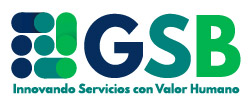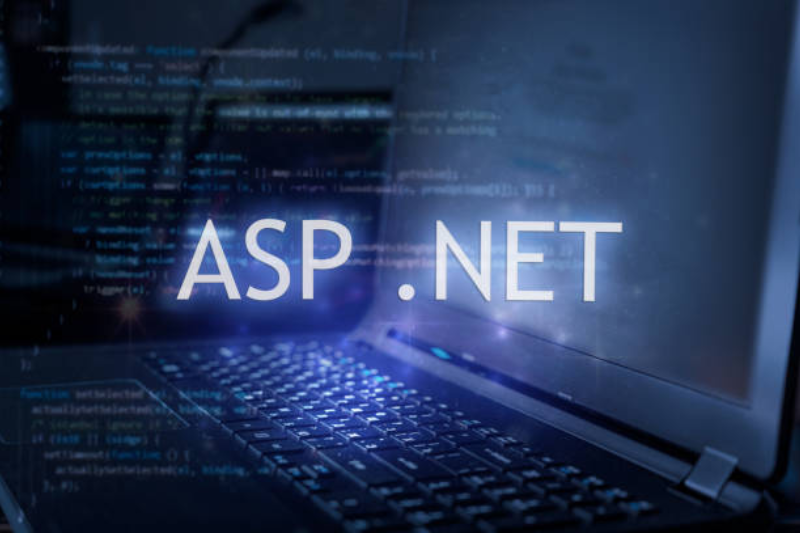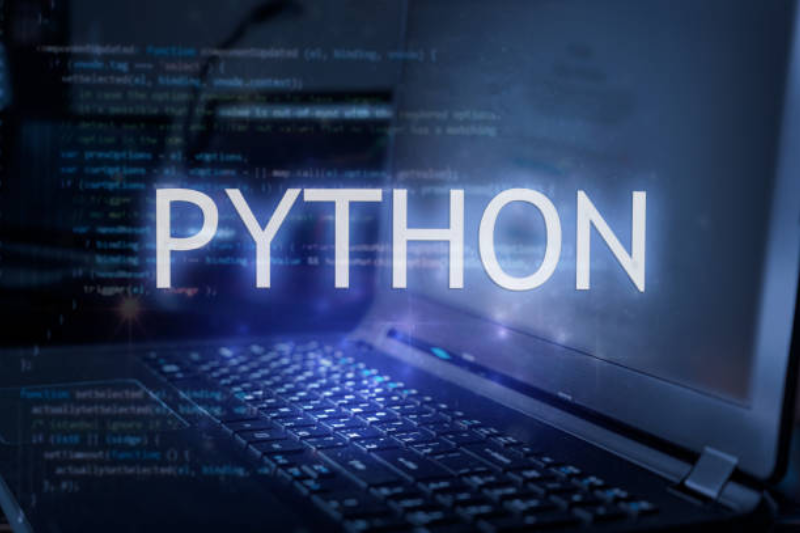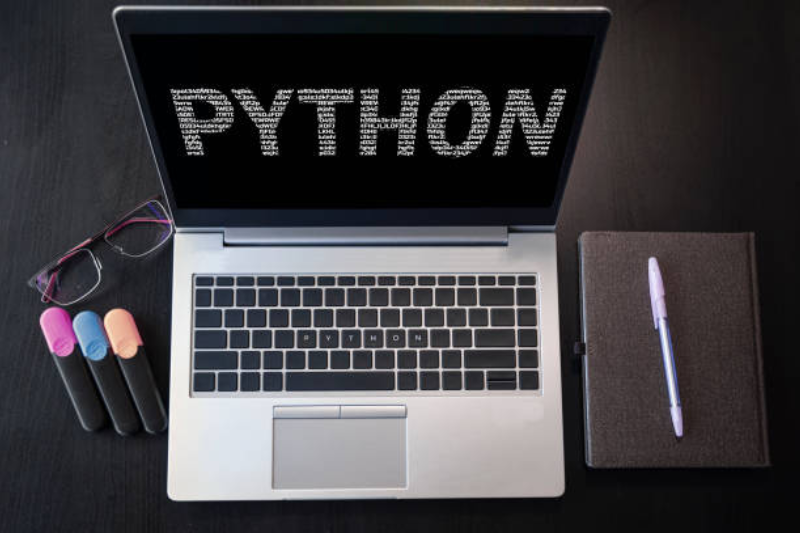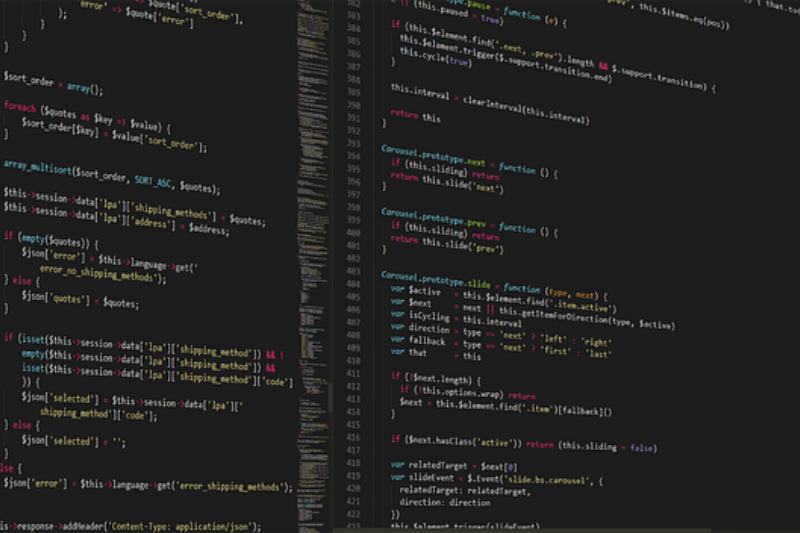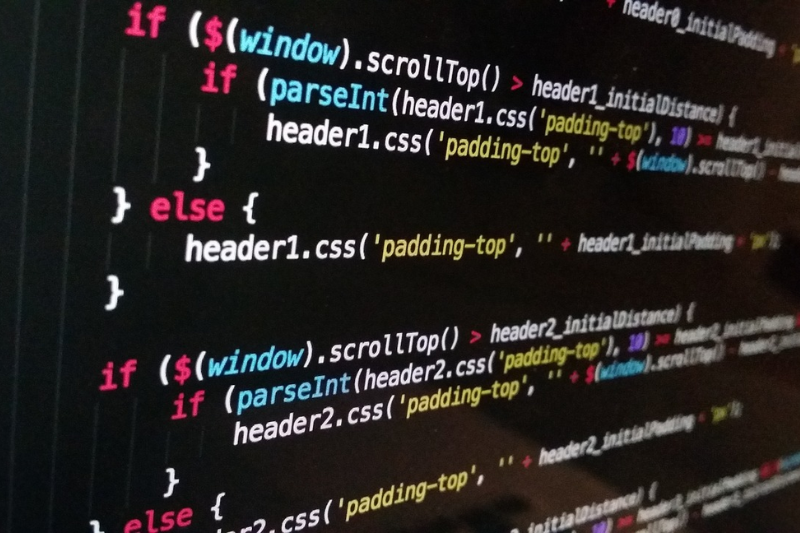The R programming training course aims to provide quality training that covers solid fundamental knowledge on basic concepts with a practical approach. Such exposure to current industry use cases and scenarios will help students expand their skills and realize real-time projects with best practices.
Aimed at
- This R programming course is suitable for developers looking to learn predictive analytics, big data and machine learning. In addition, applicants who want to work as data scientists and machine learning professionals can enroll in this training.
Duration
30 hours

Modalities
- On-site
- Virtual live through digital platforms
- On site
Includes
- 32 hours of training
- Certified instructors
- Participant's Manual
- Proof of participation
Agenda
- Introduction to processes
- Process characteristics
- Process-oriented companies
- Exercise
- Loop “while” loop
- Introduction to processes
- “In Loop.”
- Statement “YES”.
- Introduction to objects
- Create an object
- Coercive rules
- Functions and arguments
- Create a function in R
- Formatting and printing functions
- Paste function
- Terrible
- Replacement and Manipulations
- Introduction to vectors
- Vector recycling
- Create and name a vector
- Calculation and comparison of total earnings
- Create a matrix
- Indexing the element of a Matrix
- Cutting a matrix
- Arithmetic of matrices
- Matrix Operations
- Liza
- Introduction to data frames
- Creation of a data frame
- Data import and export
- Importing a CSV
- Slicing and indexing a data frame
- Data frame operations
- Data transformations with R through the Dplyr package
- Sampling data
- Pipeline operator
- Data sorting: gather (), join (), separate () and distribute ()
- Introduction to data visualization
- Introduction to ggplot2
- Constructing a histogram and bar chart with ggplot2
- Constructing a scatter plot through ggplot2
- Sequences
- Repeats
- Sorting and classifying
- Differentiate between population and sample
- Obliquity
- Mean, median and mode
- Correlation and Covariance
- Confidence intervals and standard deviation
- Hypothesis testing
- Type I and type II errors
- average test
- p-value
- Comparing two media
- Linear regression model
- Differentiate between regression and correlation
- Geometric representation
- Running a regression
- Interpretation of the regression table
- R-squared
